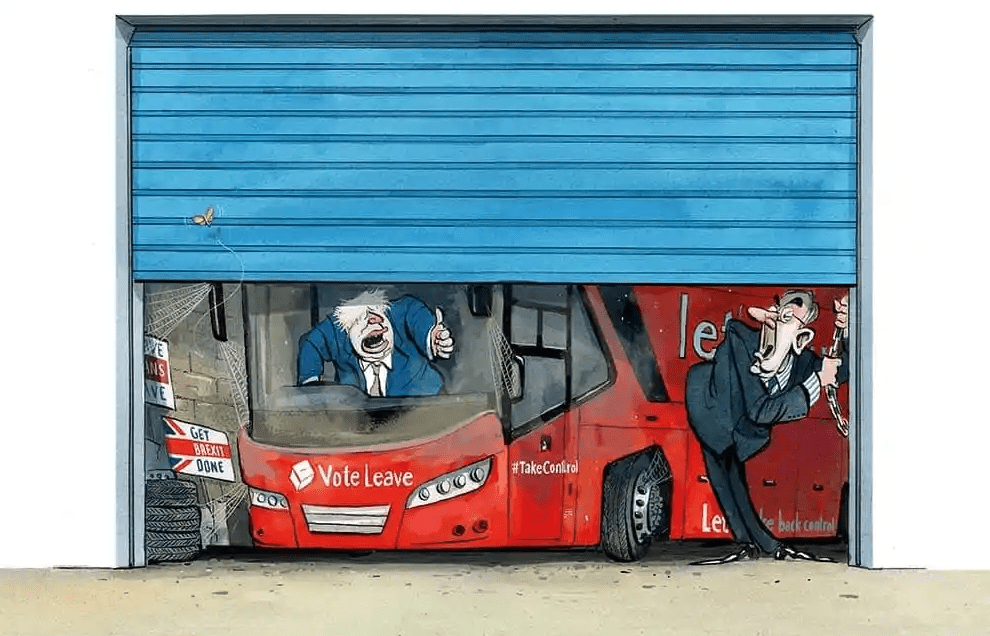Toby Young has narrated this article for you to listen to.
This week the Welsh parliament has been debating a law that would ban politicians from lying. Assuming it ends up on the statute books, any member of the Senedd, or candidate standing to be a member, found guilty of the new criminal offence of ‘deception’ will have to give up being a politician for at least four years. What could possibly be wrong with that, you ask?
The vital question, as with all efforts to ban bad speech, is who decides? After all, part of the art of being a politician, dating back at least as far as the Roman Senate, is to massage the truth to promote whatever side of the argument you’re on. That doesn’t mean you’re at liberty to make things up out of whole cloth, but most successful politicians operate in the grey zone where the rules are a bit fuzzy. They tiptoe up to the blurry line, but rarely venture all the way across to the other side. In 99 per cent of cases in which politicians are accused of lying, it’s not an open and shut case.
The bill’s defenders acknowledge that judging whether a politician is guilty of lying will be tricky
Take the infamous Vote Leave battle bus which claimed Britain was shelling out £350 million a week to the EU. Was that a lie? Yes, say the advocates of this new law, singling it out as the sort of egregious dishonesty that politicians shouldn’t get away with. But was it a lie? Defenders of the figure, such as Boris Johnson, said it was calculated by dividing our annual contribution to the EU budget by 52, but critics pointed out that this failed to take into account the UK’s rebate – roughly £4 billion a year – and the money the EU spent on subsidising the UK’s public sector (another £4 billion).








Comments
Join the debate for just £1 a month
Be part of the conversation with other Spectator readers by getting your first three months for £3.
UNLOCK ACCESS Just £1 a monthAlready a subscriber? Log in